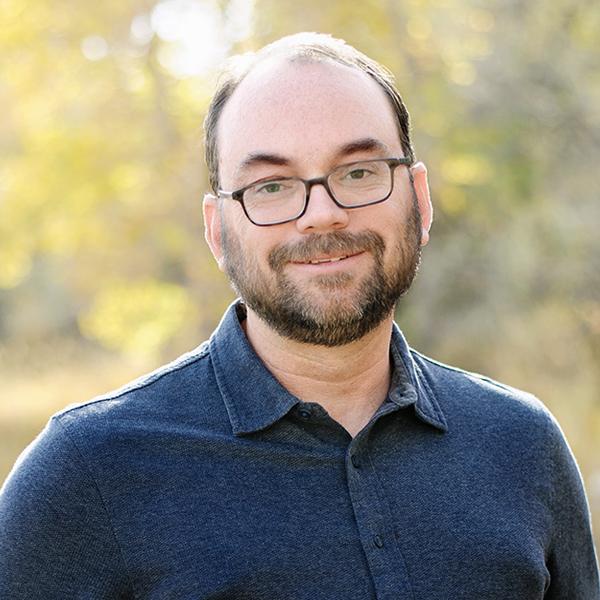Connect for Health Chief Shares Plans with Western Slope Group
Connect for Health Colorado is preparing a strategic plan that will consider whether the state’s online insurance marketplace should transfer part of its operations to the federal Healthcare.gov website.
The plan is meant to advance a conversation with legislators who asked Connect for Health Colorado’s leaders to think about joining the federal exchange. It doesn’t mean that the federal exchange is the preferred option, spokesman Luke Clarke told the Colorado Health Institute.
CEO Kevin Patterson shared his plans on February 11 in Grand Junction with Club 20, an advocacy organization for the Western Slope.
Prices for insurance and health care have spiraled upward in western Colorado. Average insurance premiums on the individual market jumped more than 25 percent in the region this year. Connect for Health Colorado serves as a marketplace primarily for individual market customers, and Club 20 members were eager to hear what Patterson had to say.
Connect for Health Colorado is facing questions about its long-term stability now that federal grant funding is expiring. The marketplace has enrolled more than 158,000 people so far this year, but that’s below the targets it set in its last strategic plan, which was adopted in June. Other states that have struggled with their marketplaces have either defaulted to the federal exchange or entered into a “partnership exchange,” which leaves the state in charge of outreach and enrollment while the federal government handles the website.
Patterson also said he’s interested in pursuing a federal waiver under the Affordable Care Act (ACA) to address several problems that make it hard for people to get insured. The waiver would fix the family glitch — a problem that leaves coverage unaffordable for some people because tax credits are not sufficient to pay for a family policy — as well as the problem of people churning on and off coverage when small changes in their income change their eligibility for Medicaid or tax credits. (Look for a CHI brief on the family glitch this spring.)
Club 20 also heard from Steve ErkenBrack, CEO of Rocky Mountain Health Plans, which handles much of the health insurance business in western Colorado. The price of Rocky’s individual market premiums jumped more than 30 percent this year, which ErkenBrack said is due to the cost of health care and prescription drugs in the region.
Rocky’s pharmacy costs soared from $12 million in 2014 to $25 million last year, he said.
Rocky handles coverage for Medicaid clients in the region, and ErkenBrack had good news about Prime, Rocky’s Medicaid pilot program. Prime sends a global payment to providers to keep their patients physically and mentally healthy, instead of paying based on the individual procedures that doctors perform.
The pilot is going very well, ErkenBrack said.
“Rocky lost money 10 straight years,” he said. “We’re in the black now.”
He’s hoping the Prime program can be expanded statewide.
Still, health care costs remain a heated topic on the Western Slope, even more than in other regions. One county commissioner at the Club 20 meeting said some people are paying more for their monthly health insurance premium than for their mortgage.
Others are deciding to skip insurance and pay the tax penalty under the ACA.
But the high prices aren’t limited to insurance. A recent study called the Health Care Pricing Project found that Grand Junction hospital patients with private insurance were paying some of the highest prices in the nation, despite the city’s reputation for efficiency in treating Medicare patients. A New York Times article about the study cast the national spotlight on Grand Junction.
This confluence of mostly bad news on health care costs has Club 20 members searching for answers, and they are hoping to hear them from the Colorado Commission on Affordable Health Care, a group the legislature created in 2014. The panel has just one member from outside the Front Range — ErkenBrack — and that remains a sore spot for Club 20 members.
The commission needs funding from the legislature in order to keep operating past June. Club 20’s health care committee is urging continued funding for the commission. ErkenBrack said he would like the commission to create a rural task force to look at problems specific to areas of Colorado outside the Front Range.

